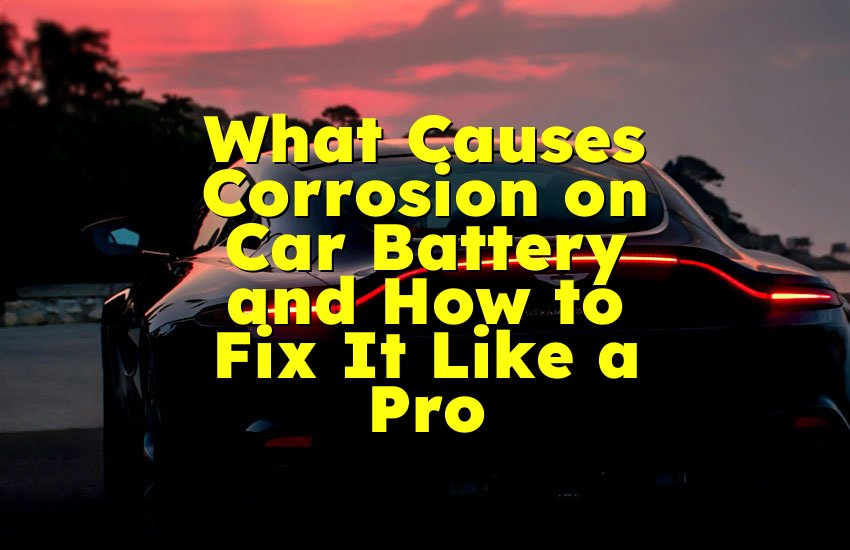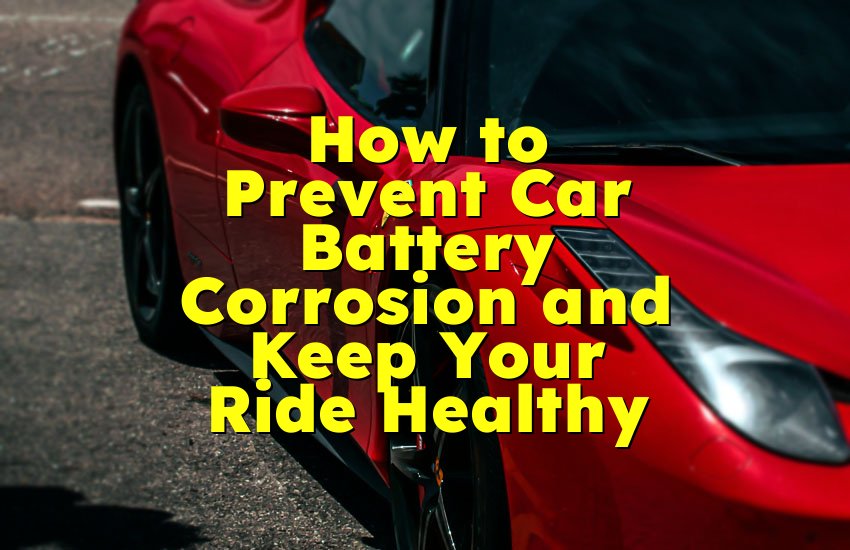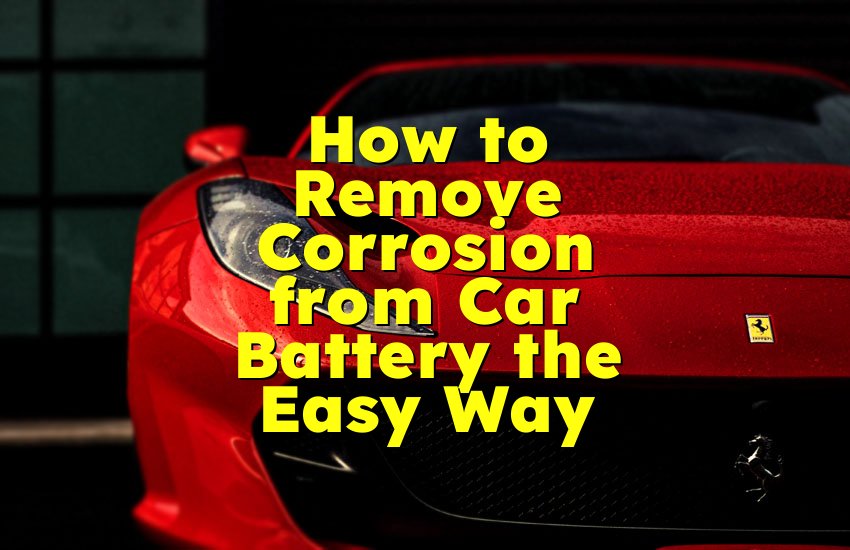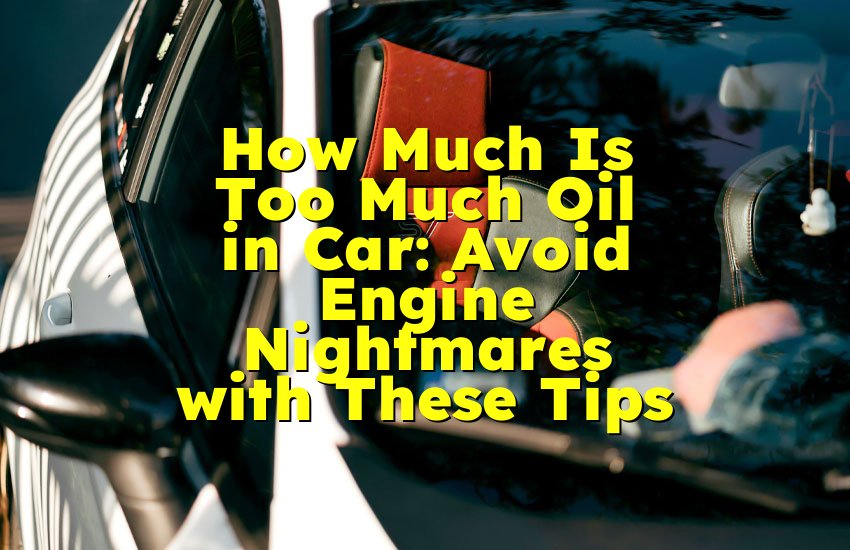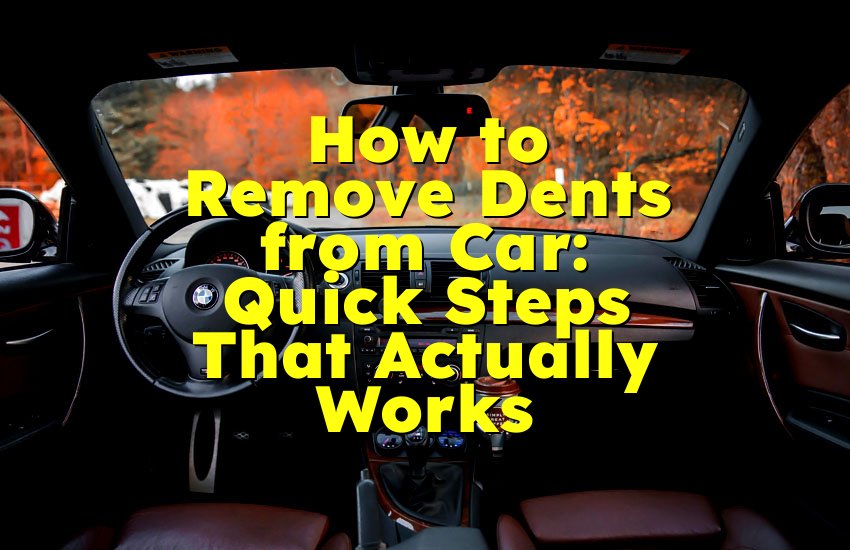As an Amazon Associate, I earn from qualifying purchases at no extra cost to you.
What Happens If Water Gets Under Your Hood? (Expert Guide)
Have you ever driven through heavy rain or deep water and later felt your car act strange? Water under your hood can cause more damage than you think. The truth is, even a small amount of water inside the wrong part can hurt your engine, wires, or even stop your car. In this article, you will learn what really happens and how to protect your car the easy way.
Water Touches the Engine Parts
When water gets under the hood, it does not stay still. It quickly spreads and touches different parts of your engine. The engine is made to work with fuel, oil, and air, but not water. So, as soon as water enters, it can block the normal work of those parts. This is why many cars act rough or even shut down after water exposure.
If the water goes near the air intake, then the engine may pull in water instead of air. This is very risky because the engine cannot burn water. It needs air for combustion. So, the engine will fail to start or misfire. In some cases, you may even hear strange knocking sounds. That is a sign of water in the system.
The belts and pulleys under the hood also get wet. When this happens, they may slip, make loud noises, or stop moving the right way. If the alternator gets wet, then the car battery will not charge. You may see warning lights on your dashboard. All these issues start because water is not a friend to the engine.
Another problem is rust. When water stays on metal parts, rust forms. Rust makes parts weaker, and over time, they can break. If water mixes with oil, then the oil will look milky and lose power to protect the engine. So, the longer water stays, the more damage it does.
- Engine may misfire or stop.
- Belts and pulleys may slip.
- Alternator may fail.
- Rust may form fast.
Damage to Electrical System
Under the hood, there are many wires and connectors. These parts carry electricity to make your car run. If water enters, it can short out wires or damage sensors. A car depends on sensors for fuel, speed, and even air flow. When sensors stop working, the engine will not run right.
Water makes wires corrode. Corroded wires will not send a strong signal. That is why sometimes a car runs fine after rain but later starts failing. The slow damage from water shows later. You may see lights flicker, gauges stop, or the car refuse to start. This all points to electrical issues caused by water.
If water reaches the fuse box, things get worse. A blown fuse may stop a whole system. For example, the headlights, wipers, or starter may stop working at once. Without working fuses, even a small drive is unsafe. This shows how water can stop more than just the engine.
Modern cars have computers under the hood too. They control almost everything, from fuel injection to ignition timing. If water touches the car computer, it may crash. Then, even if the engine is fine, the car will not start. This is a big reason why cars need dry and safe wires.
- Wires may corrode.
- Fuses may blow.
- Sensors may fail.
- Car computer may crash.
Risk of Hydrolock
One of the most serious dangers is hydrolock. This happens when water gets inside the cylinders. The engine pistons are made to push air and fuel, but not water. Since water does not compress, the piston cannot move. It gets stuck, and the engine locks.
Hydrolock often happens when driving through deep water. If the water level is higher than the intake, then the engine sucks in water. This can break rods, crack pistons, and even destroy the whole engine. Repairs are very costly. In fact, many cars with hydrolock are not worth fixing.
Even a small amount of water can harm the engine. At first, it may only make rough sounds. But over time, the piston may bend. Once the piston bends, the engine will never run the same again. This is why many mechanics warn drivers not to drive through flooded roads.
If hydrolock happens, the car will stop at once. You will not be able to restart it. Pushing the key again and again only makes it worse. At that point, the only safe choice is towing the car to a shop.
- Pistons may bend.
- Rods may break.
- Engine may lock.
- Repairs may cost too much.
Trouble With Cooling System
Water under the hood can also upset the cooling system. The cooling system is there to keep the engine at the right heat. If water enters the radiator fan, it may stop spinning right. This can cause overheating. Once the engine overheats, more problems follow fast.
If water mixes with coolant, the coolant becomes weak. It will not absorb heat as it should. Then, the engine gets too hot. You may see steam rising from under the hood or a warning light on your dash. Many drivers ignore this, but overheating leads to engine damage.
The radiator hoses may also weaken if water stays around them. Weak hoses can crack and leak coolant. Once coolant leaks out, the system cannot keep the engine cool. This may lead to sudden overheating while driving.
Even the thermostat may fail. The thermostat controls coolant flow. If water or rust blocks it, the coolant will not move. That can make the engine heat rise fast. All these show how water under the hood spreads trouble to many parts.
- Fan may fail.
- Coolant may weaken.
- Hoses may crack.
- Engine may overheat.
Hidden Long Term Damage
At first, the car may seem fine after water exposure. But hidden damage may show later. Rust is one of the biggest problems. Rust slowly eats away at metal parts like bolts, brackets, and wires. Over time, the strength of these parts drops.
Moisture trapped under the hood also harms plastic and rubber. Rubber parts like gaskets, hoses, and seals can crack early. Cracked seals allow leaks, which cause even more damage. The cycle keeps going if not fixed fast.
The paint inside the hood may bubble or peel. Once the paint is gone, rust grows faster. Some drivers only see the damage months later when their car starts leaking fluids or losing parts. This shows how water is a slow but steady danger.
Another long term issue is mold. If water stays and heat builds up, mold grows inside. Mold can make the cabin air smell bad. It can also cause health risks for drivers. This is why even small water exposure must be cleaned and dried.
- Rust builds up.
- Rubber cracks.
- Paint peels.
- Mold grows.
How to Protect Your Car
The good news is, you can protect your car from water damage. First, avoid driving through deep water. If you cannot see the road under the water, then it is too deep. Find another route to stay safe.
If water gets under your hood, act fast. Do not try to restart the car at once. Open the hood and check. If you see water near the air intake or battery, do not turn the key. Call for towing and let a mechanic inspect.
Dry the parts if water is only light. Use a clean cloth and air blower to remove moisture. Disconnect the battery before you do this. This keeps you safe from shocks. Make sure to dry the alternator, belts, and wires.
Regular checks help too. Ask your mechanic to inspect the seals, wires, and air filter. Replacing weak seals or cracked hoses can stop water from entering later. A little care now saves a lot of cost later.
- Avoid deep water.
- Do not restart if wet.
- Dry parts fast.
- Check seals often.
Final Thoughts
Water under your hood is never safe. It can harm your engine, wires, and even make your car stop for good. Acting fast, avoiding deep water, and caring for parts will save you stress and money in the long run. Protecting your car is easier than paying for a new engine.
| Risk | What Happens | Result |
|---|---|---|
| Engine contact | Water enters parts | Misfire or stop |
| Electrical damage | Wires and fuses fail | Car won’t start |
| Hydrolock | Water in cylinders | Engine locks |
| Cooling system | Coolant weakens | Overheating |
| Long term issues | Rust and mold | Costly repairs |
| Prevention | Avoid deep water | Safe car |
Frequently Asked Questions (FAQs)
Is it safe to drive after water gets under the hood?
It is not safe to drive if water has entered under the hood. Even if the car starts, hidden moisture can still cause damage. The engine, wires, and sensors may act fine for a short time but fail later. Driving with water damage can lead to sudden breakdowns or overheating. The best choice is to check and dry parts fully before using the car again.
Can water under the hood cause the engine to stop?
Yes, water under the hood can make the engine stop. If water enters the air intake, the engine may pull water instead of air. This will make the engine misfire, stall, or lock up. In worse cases, hydrolock happens, and the pistons cannot move. That is when the engine stops fully. Once this happens, only repairs or towing can help.
Do I need a mechanic if water gets under the hood?
Yes, it is smart to call a mechanic if water gets under the hood. Even if the car runs, you cannot see all the hidden damage. Wires may corrode, and sensors may fail later. A mechanic can check the oil, coolant, and air filter to be sure no water is trapped. This step saves bigger repair costs in the future.
Is it true water can ruin car electronics?
Yes, it is true. Water can ruin car electronics fast. Wires, fuses, and sensors all depend on dry, clean contact to work. When water enters, it creates shorts and corrosion. Modern cars use many electronic parts, so one small failure can stop the car. That is why keeping the hood area dry is very important for car health.
Can hydrolock happen with only a little water?
Yes, even a little water can cause hydrolock. It only takes enough water to enter the cylinders. Since water cannot compress, the piston gets stuck. When that happens, parts like rods and pistons bend or break. Once bent, they cannot return to normal. That is why small amounts of water can be just as dangerous as larger amounts.
Do I need to replace parts after water damage?
In many cases, yes. If water mixed with oil or coolant, then those fluids must be replaced. If wires or sensors are corroded, they may also need replacing. Belts, hoses, and seals that stayed wet too long may weaken. A mechanic will check each part and advise which ones to change. Replacing parts early avoids bigger breakdowns later.
Is it okay to dry the hood area myself?
Yes, you can dry it yourself if the water is light. Use a clean cloth and air blower. However, always disconnect the battery first for safety. Never restart the engine until all visible water is gone. If water has gone deep inside the intake or fuse box, then it is better to call a mechanic. This way, you avoid more damage.
Can prevention really stop water damage?
Yes, prevention is the best way to stop water damage. Avoid driving through deep water whenever possible. Check seals, hoses, and air filters often to make sure they are strong. Keep the hood area clean and dry. If you act fast when small water exposure happens, you can protect your car from long term issues. Preventing is always cheaper than repairing.



